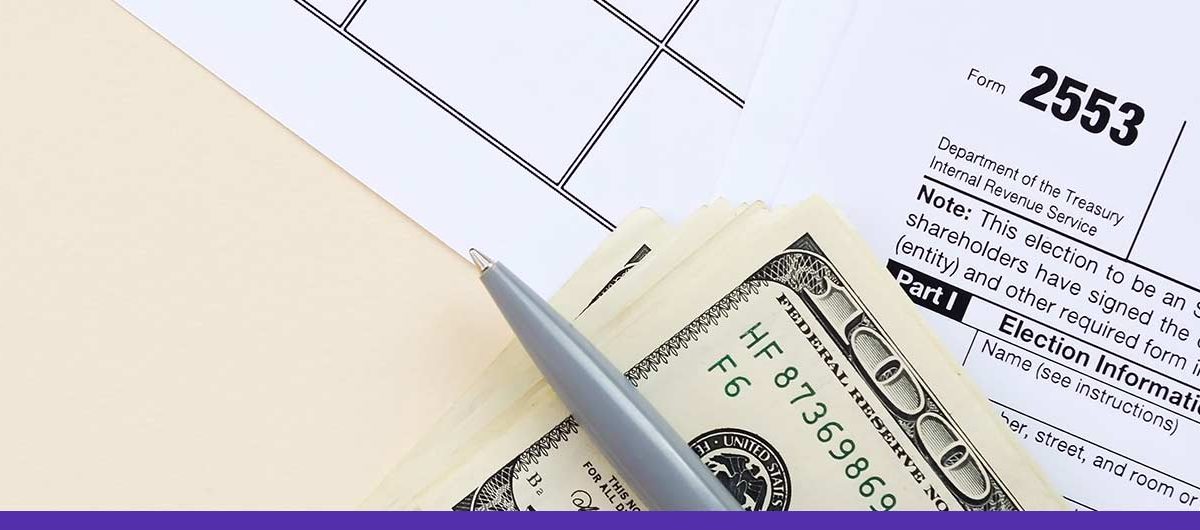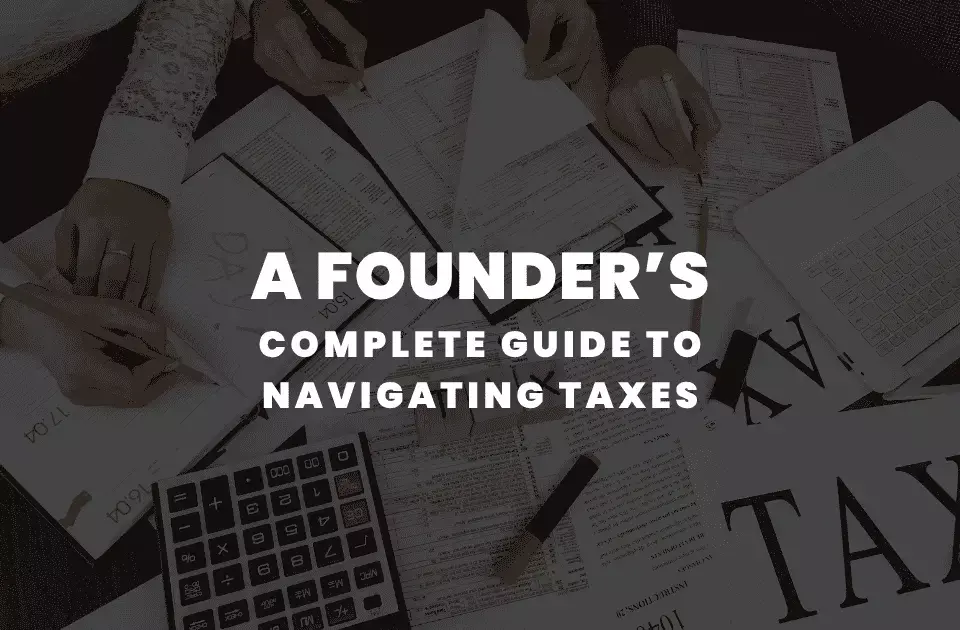Form 2553 – Everything You Need To Know

Financial Statements Vs. Balance Sheets: What’s the Difference?
August 10, 2023
Classified Balance Sheet: It’s Purpose And Classification?
August 12, 2023Form 2553 – Everything You Need To Know
If you’re a business owner or entrepreneur looking to optimize your company’s tax structure, Form 2553 is a powerful tool you should consider. Whether starting a new business or seeking to change your existing business’s tax status, this form could be the key to significant tax savings and other benefits.
Form 2553, officially known as the “Election by a Small Business Corporation,” is a critical IRS document that allows eligible businesses to elect the Subchapter S Corporation status.
In this blog, we’ll take you on a journey through the ins and outs of Form 2553. We’ll demystify its purpose, eligibility criteria, filing process, and the numerous advantages it can offer your business. By the end of this read, you’ll clearly understand how Form 2553 can positively impact your company’s financial health and set you on the path to success.
An S corporation is a special type that allows the business to pass its income, losses, deductions, and credits to its shareholders. It means that the income of S corporation is not taxed at the corporate level; instead, it “flows through” to the individual shareholders, who report their share of the profits and losses on their personal income tax returns.
Purpose and IRS Form 2553 Instructions
Form 2553 is an IRS tax form eligible small business corporations use to elect their federal tax status. The primary purpose of Form 2553 is to make an S corporation election with the Internal Revenue Service (IRS).
For S corporation eligibility the business must meet certain criteria, such as:
1. Be a domestic corporation (formed under U.S. state laws)
2. Only allowable shareholders, generally individuals, certain trusts, and estates. Partnerships, corporations, and non-resident aliens are not eligible
3. Have at most 100 shareholders
4. Have only one class of stock
By filing Form 2553, a qualified corporation notifies the IRS of its intention to be treated as an S corporation for federal tax purposes. It is important to file Form 2553 timely, as there are specific deadlines that the business must adhere to for the election to be effective for the current tax year or the following tax year. There are proper IRS form 2553 instructions that need to be followed during the process, but before that you must know its benefits.
An S Corporation is a type of corporation that elects to pass its income, losses, deductions, and credits to its shareholders for federal tax purposes. This means the corporation does not pay federal income taxes; instead, the shareholders report their share of the corporation’s income or losses on their tax returns.
Here are some key tax benefits of S Corporation status:
1. Pass-Through Taxation
As mentioned, S Corporations do not pay federal income taxes at the entity level. It contrasts with C Corporations, where the business income is taxed at the corporate level. Then any dividends or distributions to shareholders are taxed again on their tax returns (double taxation). By avoiding double taxation, S Corporations can reduce the overall tax burden for the business and its shareholders.
2. Avoiding Self-Employment Taxes
Shareholders of S Corporations actively involved in the business can reduce their self-employment tax liability. Self-employment taxes cover Social Security and Medicare taxes and are typically paid by self-employed individuals, including sole proprietors and partnership partners. However, S Corporation shareholders can split their income into salary and distributions. Only the salary portion is subject to self-employment taxes, while the distributions are not. This strategy can lead to significant tax savings compared to other business structures like sole proprietorships or partnerships.
3. Deduction of Business Losses
S Corporation shareholders can deduct their share of their losses on their tax returns. These losses can offset other sources of income, potentially reducing the overall tax liability for the shareholders. However, there are limitations on deducting losses, and shareholders should consult with tax professionals to ensure compliance with tax laws.
4. Fringe Benefits
S Corporations can offer their shareholders, who are also employees, a range of tax-deductible fringe benefits, such as health insurance, retirement plans, and educational assistance programs. These benefits can attract and retain talented employees while providing tax advantages to the business and the employees.
5. Flexibility in Accounting Methods
S Corporations can choose between cash and accrual accounting methods, providing flexibility in managing their tax liabilities. This allows them to select the accounting method that best suits their business needs and optimizes their tax reporting.
While S Corporation offers various tax benefits, it might not be the best choice for every business. S Corporations have specific eligibility requirements, such as a limit on the number of shareholders and restrictions on the types of shareholders (e.g., non-U.S. residents, certain types of trusts) they can have. Additionally, S Corporations are subject to specific operational and reporting requirements.
Before deciding on the business structure, it is highly recommended to consult with a qualified tax professional or an attorney to assess the specific needs and circumstances of the business. They can provide personalized advice and guidance on whether S Corporation status is the most advantageous choice for the business and its owners.
Endnote
Form 2553 is a powerful tool for small businesses seeking to optimize their tax structure and unlock many financial advantages. Stay informed, make well-informed decisions, and keep an eye on changes in tax regulations that might impact on your business. With the right approach and a solid understanding of Form 2553, you can position your company for greater success, increased profitability, and a brighter financial future. Monily is a financial and accounting service-providing company that handles taxes and other financial aspects of businesses. If you want to get help in taxes, email your query to info@monily.com.
Also Read: A Guide To IRS Form 720
Wajiha Danish
Wajiha Danish is the Director at Monily, overseeing financial strategies and operations for small and medium businesses. She has over 18 years of experience, including her role as Controller at HOCHTIEF PPP Solutions North America. Wajiha's background includes significant roles at Pakistan Petroleum Limited and A.F. Ferguson & Co. (PwC Pakistan). She is a Chartered Certified Accountant (ACCA) and Certified General Accountant (CGA) with expertise in financial management and project finance.






